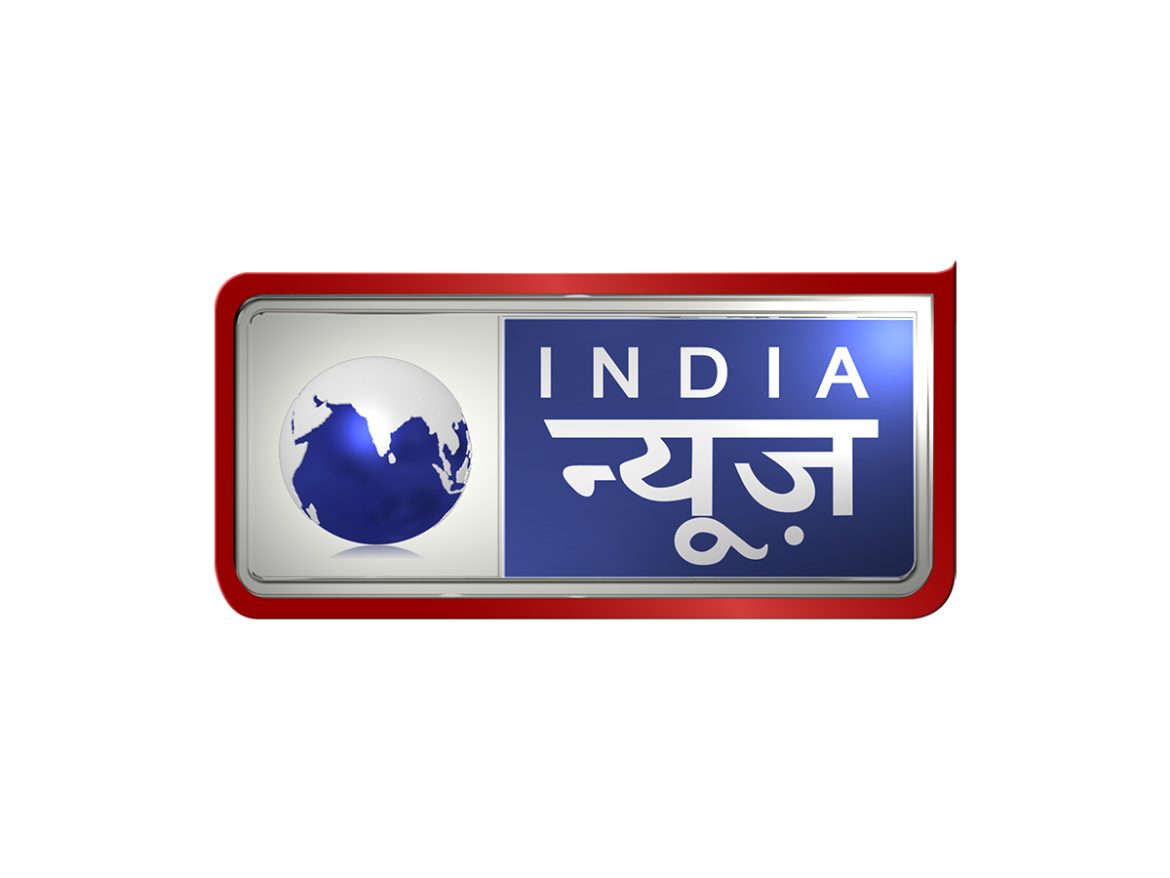SEOUL (Reuters) -Shares of South Korea's Samsung Electronics and SK Hynix rallied on Thursday after the chip makers signed a deal to supply memory chips for OpenAI's data centres, boosting their combined market capitalisation by $37 billion. Samsung Electronics climbed more than 4% to its firmest since January 2021 and SK Hynix jumped more than 12% to an all-time high, propelling the benchmark KOSPI index more than 3% to a record. OpenAI, participating in U.S. President Donald Trump's $500 billion Stargate artificial intelligence project, agreed on Wednesday to collaborate with the two South Korean chipmakers on building two data centres, a Korean-style Stargate. "There have been worries about high bandwidth memory prices falling next year on intensifying competition, but such worries will be easily resolved by the strategic partnership," Jeff Kim, an analyst at KB Securities, said in a note, expecting a surge in demand from the project. "Since Stargate is a key project led by President Trump, there also is a possibility the partnership will have a positive impact on South Korea's trade negotiations with the U.S.," Kim said. The global AI boom has been driving strong demand for semiconductors, which led South Korea's exports to rise in September at the fastest pace in 14 months despite a hit from U.S. tariffs, blowing past market expectations. South Korea hopes to formalise by late October a preliminary trade deal reached with Trump in July, lowering U.S. tariffs on South Korean imports in return for a $350 billion investment in the U.S. However, follow-up negotiations have stalled due to Seoul's concerns over the foreign exchange implications and structure of the investment package. Samsung Electronics' affiliates Samsung SDI, Samsung C&T and Samsung SDS also rose sharply in early Asia trade on partnerships with the U.S. artificial intelligence firm. (Reporting by Jihoon Lee; Editing by Muralikumar Anantharaman and Jacqueline Wong)
(The article has been published through a syndicated feed. Except for the headline, the content has been published verbatim. Liability lies with original publisher.)







